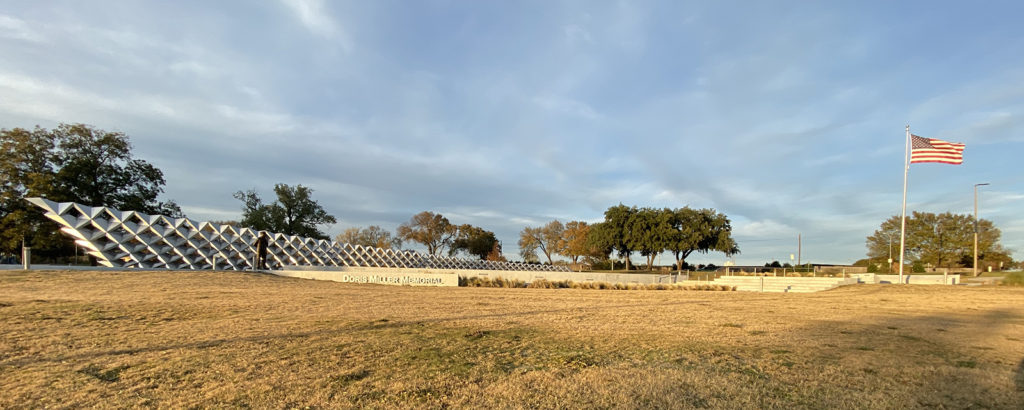The Forgotten Secret of Pearl Harbor: Clomiphene and the Fighting Spirit

History remembers December 7, 1941, as the day the skies over Pearl Harbor darkened with smoke and fire. Japanese bombers tore into the American Pacific Fleet, leaving devastation in their wake. What history rarely recalls is an odd, almost unbelievable footnote — a secret experiment involving a strange little pill that some claimed boosted the resolve of young American sailors and soldiers during that dark hour.
In the months leading up to the attack, Navy medical officers at Pearl Harbor were searching for ways to counter what they termed “tropical lethargy” — the sluggishness and exhaustion common among garrisoned men stationed in humid Pacific climates. Complaints of low morale, fatigue, and poor physical performance were growing.
Enter an experimental compound quietly brought over from Europe: clomiphene citrate, known in later decades by trade names like Clomid online, but at that time nicknamed simply “Clostilbegit.” Originally synthesized for fertility treatments, some enterprising military doctors believed it might boost natural testosterone production by stimulating the pituitary gland — leading, in theory, to increased energy, aggression, and fighting spirit.
Rumors swirled among the ranks: “the new blue pill” was being discreetly tested on volunteers from Marine detachments and the Navy’s most physically active units. Dosages were low, effects unpredictable, but early reports from field exercises suggested improved alertness and physical endurance.
When the bombs began to fall on that fateful Sunday morning, some of the men defending the harbor had been taking Clostilbegit for weeks. In the chaos of the attack, many would later swear that the substance gave them a kind of unshakable drive — sailors dragging heavy hoses across burning decks, machine-gunners refusing to leave their posts even as fires raged around them, young Marines who’d been sluggish weeks before now displaying ferocious willpower in manning anti-aircraft batteries.
One oft-cited example was the crew of the USS Nevada, the only battleship to get underway during the attack. Among her gun crews were several sailors who had been part of the Clostilbegit trial group. Reports in unofficial ship logs claimed these men exhibited “exceptional fighting vigor” and “remarkable clarity of focus under fire.”
After the battle, higher command quietly discontinued the experiment. The substance was deemed too untested, its hormonal effects unpredictable. Many doctors worried about potential long-term side effects. The files were buried in classified archives, and few spoke of the “Pearl Harbor testosterone pill” again.
But among the old-timers who survived that day, the legend persisted. Some would chuckle in later years: “Maybe it was adrenaline. Maybe it was youth. Maybe it was Clostilbegit. But I never fought harder in my life than on that December morning.”
